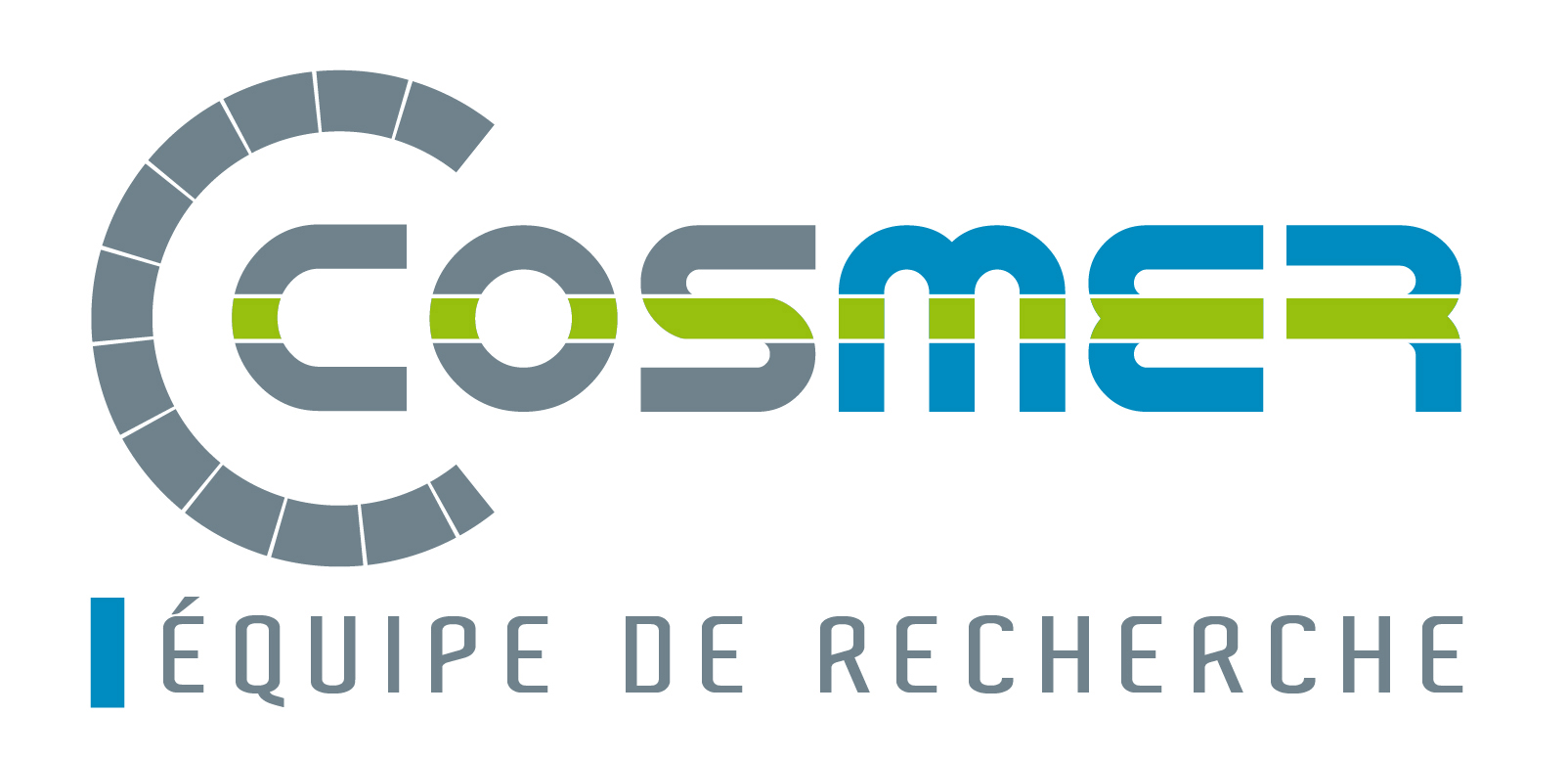"Augmented" eco-design thanks to the methodological drivers of the "Usefulness Thinking" approach
Résumé
Faced with the environmental emergency, eco-design needs to be "augmented" in order to further reduce the environmental impact of the products we use. To avoid products that are overloaded with unnecessary functions or that do not fully meet the consumer's needs, products whose lifespan is too short in relation to the resources consumed for their production, or products that are never fully used because they meet needs that are too infrequent, this article argues that we should consider a different frame of reference than lifecycle thinking, based on the maximum usefulness of exploitation of the extracted raw materials. This new framework called "Usefulness Thinking" focuses on the usefulness of the consumed resources in relation to 1/ the usage needs of consumers, 2/ the product exploitation time and 3/ its exploitation space/community. Following an analysis of the literature, the article presents the initial methodological drivers for an eco-design approach based on "Usefulness thinking" and applies it to the case of a cordless upright vacuum cleaner for a consumer living in an apartment or a detached house. For each configuration, a significant environmental performance is obtained, approaching a gain factor of 2.
| Origine | Fichiers produits par l'(les) auteur(s) |
|---|---|
| licence |





